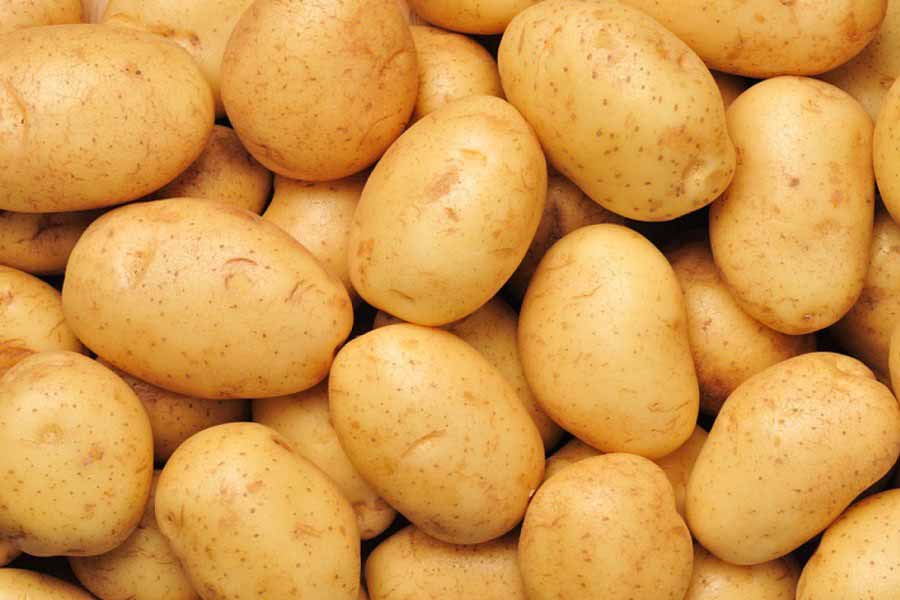

A lack of coordination among stakeholders, absence of transparency as well as inadequacy of information about the actual state of production, storage, transportation and distribution--- in short, supply chain of the country's major agricultural produce potato--- lie behind its market volatility. This year, for instance, the potato farmers had a bumper harvest. But far from making them happy, the abundance of potato is now the cause of their distress. Having no storage facility of their own, they cannot hold their perishable crop for long to get a better price. The cold storage owners, on the other hand, are either asking higher storage fees or refusing to take their cargo for want of space. In consequence, they are forced to sell their produce to the middlemen at throwaway prices or dumping those anywhere to rot. Farmers surviving the shock, would not go for potato cultivation in the near future. This will be bad news for all the stakeholders concerned in the potato market including, of course, the consumers. The end result is that the cycle of oversupply and scarcity of this farm produce with its attendant market volatility continues.
In an attempt to get around this persistent crisis in the potato market, the government, the Directorate of National Consumers' Rights Protection (DNCRP), to be particular, reportedly, held a meeting of the stakeholders including cold storage owners' body, administrators of the major potato growing districts and the government agencies involved with production and marketing of potato, namely, the Department of Agricultural Extension (DAE), the Department of Agricultural Marketing (DAM) and the consumer rights body, the Consumer Association of Bangladesh (CAB). As expected, the issues that figured prominently in the meeting included ensuring availability of the production data on potato in real time and sharing those among all the stakeholders based on which the ministry concerned could correctly assess the demand and supply situation of the farm produce. Obviously, that would help adopting appropriate policy about potato such as its production, import, export or planning intervention to stabilise the market when necessary.
Essentially, the meeting involved instructions to the district administrations to ensure that all the cold storage owners come under the national body, assess district level production of potato and capacity of existing cold storages, modernising data management in collaboration with the cold storage owners' body and so on. But as could be gathered, what the stakeholders' meeting did not discuss was the adversity that the potato growers are currently facing and what measures the government can take to protect them so they might ride out the present crisis and plan for the future.
What is of concern here is that potato farmers are at the receiving end. Farmers alone cannot be blamed for the present bumper harvest of potato. The department of agricultural extension and the marketing wing cannot shrug off their responsibilities. Agriculture ministry's departments concerned are supposed to guide farmers properly and should have been able to predict the prospect of this years' potato harvest vis-à-vis storage facilities. It is exactly here the government's urgent intervention becomes necessary. The government needs to develop its own storage facility so that it could buy the excess production at a fair price to protect them and store potatoes so bought. At the same time, arrangements should be there to help farmers build their own storage facilities according to UN/FAO supplied design. A staple, potato is also part of the country's food security. So, the government needs to design a right strategy for conserving as well as marketing potato.


 For all latest news, follow The Financial Express Google News channel.
For all latest news, follow The Financial Express Google News channel.